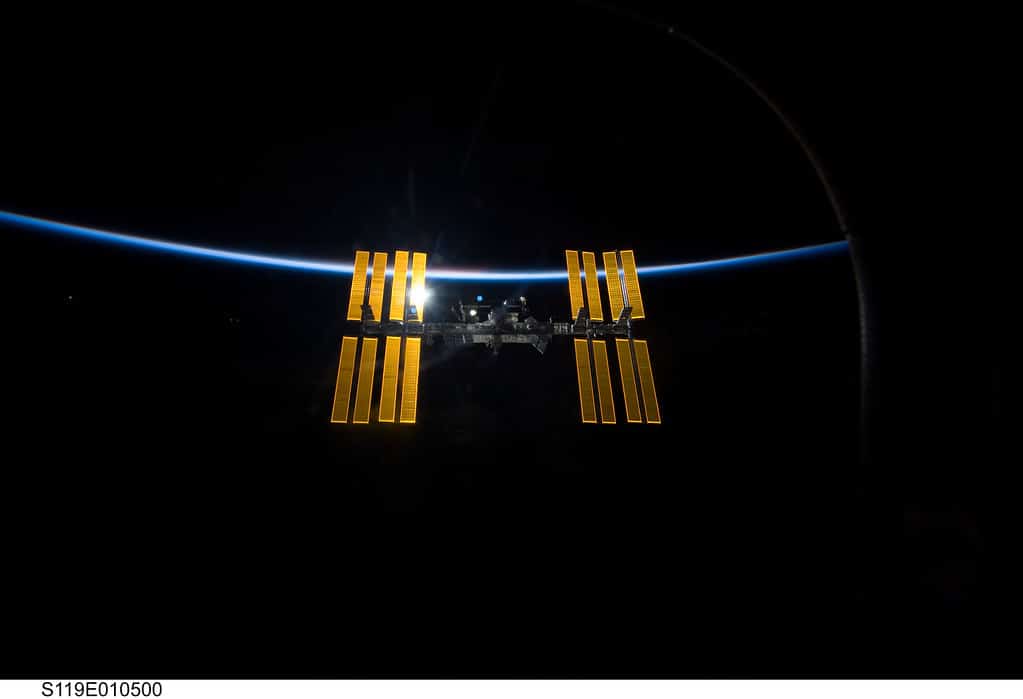With the growing commercial and tourism use of space, there are some intriguing questions about how patent, trademark and copyright law will apply with respect to intellectual property created and used in space.
For now, legal issues are nonexistent (or only theoretical) on the creative side. A patentable invention created in space — which is actually becoming somewhat common — can be patented by the owners on the surface. Indeed, this issue has been covered by the Patents in Space Act enacted in 1990. See 35 U.S.C. § 105. The Patents in Space Act states that “[a]ny invention made, used or sold in outer space on a space object or component thereof under the jurisdiction or control of the United States shall be considered to be made, used or sold within the United States for the purposes of this title …” There are a couple of exceptions involving international treaties and involving craft or objects registered to other nations under the relevant international treaty.
With respect to copyrights, legal protections come into being when the original work of authorship is created and do not depend on the location of the creation. Registration of copyrights is also a non-issue since the owner can register the copyright upon return to the surface.
The same can be said for trademarks created in space, although interesting theoretical questions are raised by a trademark that is USED exclusively in space. In the United States, one requirement for registering a trademark is that the trademark be used in interstate commerce. Further, to be registered and legally protected in the United States, a mark must function as a trademark. That is, the trademark must be seen by consumers and be understood as an identifier for a commercial source of products or services. A trademark used exclusively in space would fail these various requirements. Of course, this is theoretical since, for now, there are no goods or services provided in space and no customers.
On the use of intellectual property in space, the legal issues are also minor for now. Under international treaties, such as the Outer Space Treaty of 1967, spacecraft and vessels are treated in a manner similar to ocean and sea-going vessels. That is, spacecraft, satellites and the like are registered to particular owners and are deemed to have the nationality of the owners. Thus, those countries retain jurisdiction over the spacecraft or other objects sent into space. Thus, legal protections afforded copyrights and trademarks would follow that corpus of law and, since the owners of spacecraft and objects are Earth-side, such owners could be brought into the relevant courts as defendants for adjudication of infringement claims.
Use of patents is similar. Imagine, for example, that a foreign country launches a spacecraft containing an object that will, once in space, use technology patented in the United States. Assume that there is no corresponding patent in the foreign nation. Use of the patented technology in space would seem to be a clear infringement. It seems clear that the owner of the object that used patented technology can be sued for patent infringement. Moreover, depending on how the object is registered and application of various international treaties, the infringing party might be subject to suit in United States courts. A slightly more complicated question arises if the vessel or spacecraft contains the infringing patent technology. In that case, the doctrine of temporary presence might prevent a lawsuit in the United States. But, likely, an infringement case could be filed in the home nation where the vessel/spacecraft is registered.
If you have questions about protecting your patents, trademarks, copyrights and other intellectual property, contact the IP litigation lawyers at Revision Legal at 231-714-0100.




